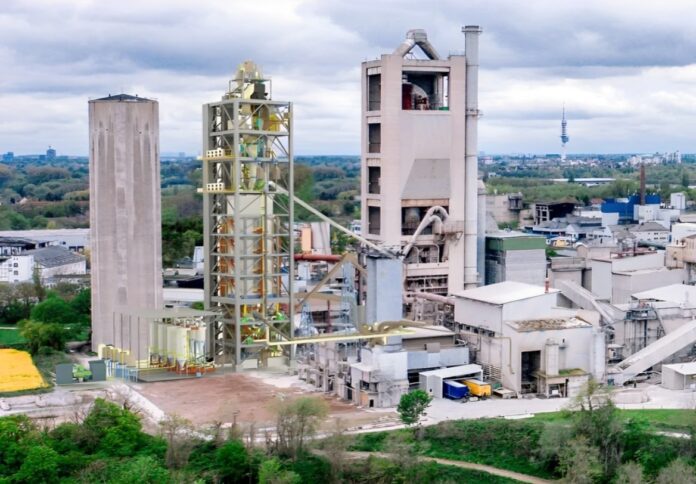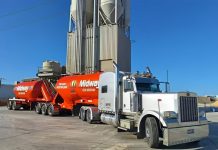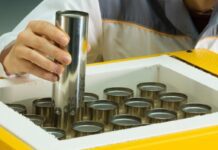
ASX-listed Calix Limited, an Australian environmental technology company, announced the relocation of the Leilac-2 project to another site owned by Heidelberg Materials.
This decision comes as Heidelberg Materials opted to cease clinker production at its Hanover cement plant, Calix said in a media release.
Heidelberg Materials attributed the decision to the significant decline in cement sales due to weak construction demand in Germany amid the current economic environment.
Additionally, the company emphasised a strategic shift toward low-carbon products, leading to the production of cement with reduced clinker content.
The Hanover site’s research project, LEILAC 2 (Low Emissions Intensity Lime And Cement), which is subsidised by the European Union and planned in collaboration with partner companies, is set to proceed at an alternative Heidelberg Materials’ location.
Calix, along with its subsidiary Leilac, is actively collaborating with Heidelberg Materials to swiftly identify a suitable new site for the Leilac-2 project.
Despite the relocation, Leilac-2, a project well-advanced and originally scheduled for construction in 2024, remains on track.
The Leilac-2 project aims to showcase an innovative modular design, demonstrating an efficient, economic, and scalable solution for capturing unavoidable process emissions in the cement and lime industries.
Notably, the technology is designed to offer flexible and future-proof fuel optionality. One of its key goals is to showcase retrofitting capabilities to an operational cement plant with no downtime.
The modular design of Leilac-2 is intended for easy replication, enabling the technology to scale up efficiently for capturing process emissions from cement plants of varying sizes.
Extensive testing, de-risking, and design refinement have been integral to the development of the Leilac-2 concept.
The project, poised for installation, has undergone meticulous engineering work, resulting in a robust design ready for full-scale implementation.
Leilac continues to collaborate with the Leilac-2 consortium to advance this groundbreaking initiative in the realm of sustainable and low-carbon cement production.
Phil Hodgson, Calix managing director and CEO, acknowledged that the challenging decision made by Heidelberg Materials in light of the current macro-economic environment is undoubtedly difficult.
“We will work closely with Heidelberg Materials and our Leilac Consortium partners on the relocation options. Once chosen, we would expect around six months additional engineering work associated with site integration specifics,” he stated.
Hodgson emphasised that the Leilac-2 module is essentially ready for construction, with procurement of long lead items already in progress.
He conveyed eagerness to continue collaborating with Heidelberg Materials and the Leilac consortium partners to successfully conclude the Leilac-2 project.



















